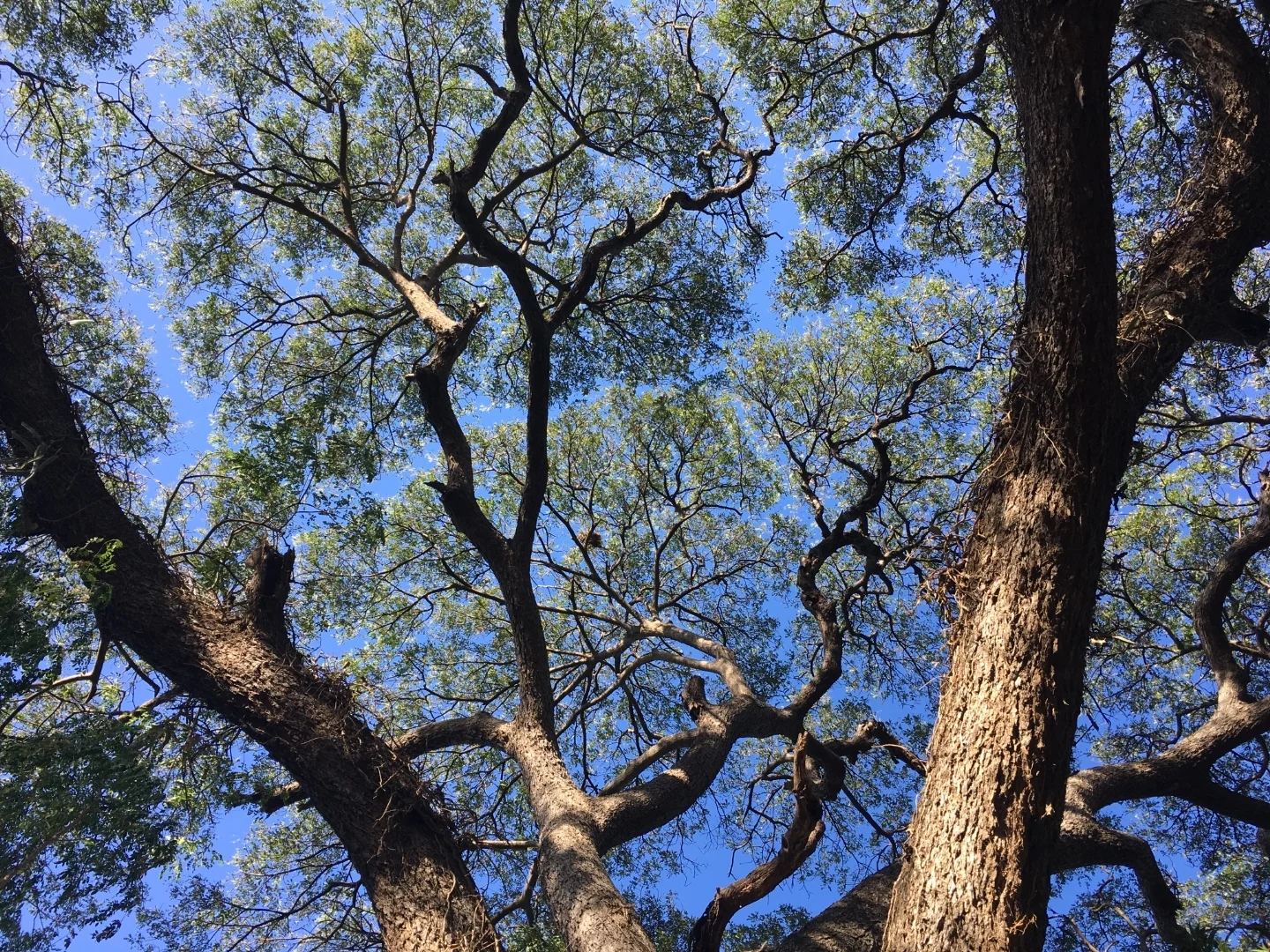7 Tips to Help Students Pay for Study Abroad
/by Lara Garanzuay, Communications Specialist
With the school year starting up for most higher education institutions, students are once again thinking about study abroad programs. If you were to ask any current student why they don’t take part in study abroad, most will say because the programs tend to come at a high cost. Only about 16% of all undergraduate students study abroad every year. However, most institutions offer hundreds and thousands of dollars in scholarships, it’s just a matter of learning about the opportunities and applying. Along with that, there are many study abroad programs that are deemed more affordable, including short-term faculty-led programs and virtual international education options.
Here are some tips on making study abroad more affordable:
Apply financial aid to the cost of studying abroad
Check if you qualify for financial aid at the Federal Office of Financial Aid
Research your study abroad options early on to include the cost in the financial aid application for the year.
Going on a faculty-led program as part of a course taken during the semester is a great option.
Apply for study abroad scholarships
Check with your study abroad office about the amounts, the process, and deadlines for internal scholarships
Explore external scholarships online, here are just some of the many opportunities
Many Rotary Clubs, Lions Clubs and other community organizations and foundations also offer scholarships for international study and travel. Ask your financial aid office and research online!
Opt for a shorter program
Because faculty-led and other short-term programs involve only a limited time overseas, they usually have the advantage of being considerably less expensive.
Take a look at our sample faculty-led programs to get a sense of what’s involved
Consider a virtual study abroad
Virtual study abroad programs range in length, therefore, faculty can find the perfect fit for their students
These programs cost a fraction of the cost of traditional study abroad, require much less time, and are more accessible for all
Check with the government of the country you want to study abroad in
Many countries give financial support to international students studying abroad
Some scholarships are country specific. CollegeScholarships.org is a great resource if you know which country you want to travel to. Here is a sample list of opportunities for Peru
Browse the web!
IIE Passport is a comprehensive search engine for all study abroad programs registered with the Institute for International Education.
Scholarship Portal provides a comprehensive search system for scholarships available throughout Europe; you can search by region, country, and discipline.
Check with your department or college
Most universities are aware of how the cost of studying abroad can be the number one reason why students don’t participate, therefore, they allocate certain money specifically for students in specific majors to study abroad
Schedule a time to meet with your department chair or academic advisor about scholarships for study abroad
Don’t let money get in your way of studying abroad! When you have the funds secured, check out another blog of ours for a student’s perspective on choosing and planning a study abroad trip.























